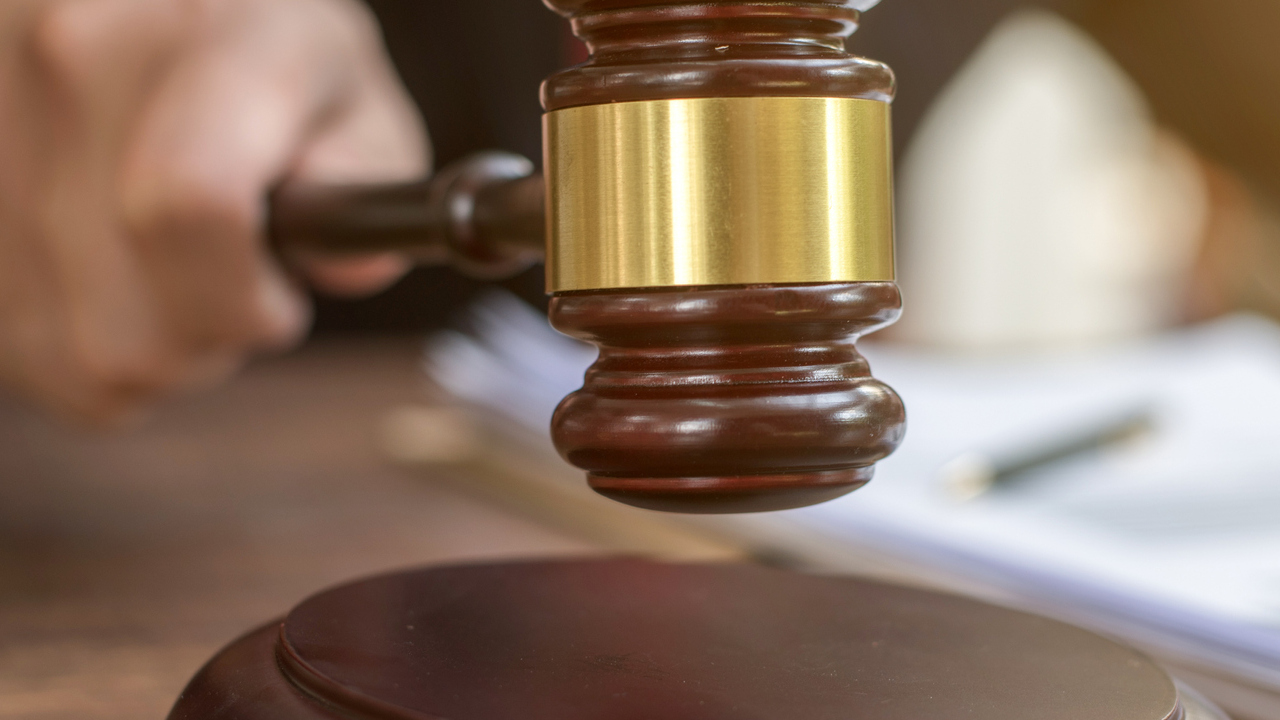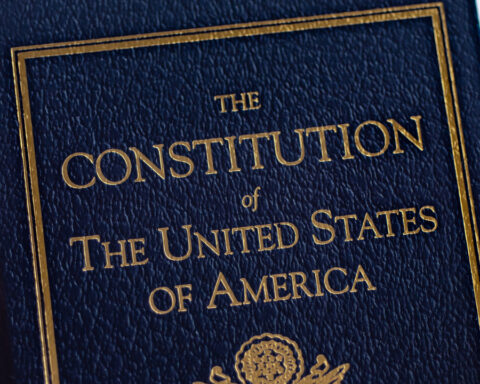Last week, a bitterly divided Supreme Court dismissed a case brought by a detainee at the U.S. Naval Base at Guantanamo Bay in Cuba against the Department of Justice because the government claimed the information sought in the case was a state secret, the revelation of which will impair national security.
The plaintiff in the case has already testified publicly at Gitmo about his torture by Polish intelligence agents in Poland at the request of their American counterparts, and he sought an acknowledgement by U.S. officials that the torture did take place.
The American psychologists who crafted and managed the torture wrote a book about it and have discussed it publicly. The European Court of Human Rights has found that the torture occurred as the detainee in Gitmo described. And Polish prosecutors have indicted the Polish intelligence agents for violating the human rights of this detainee.
Still, the government wants to keep secret its torture from nearly 20 years ago. Last week, the Supreme Court agreed.
Here is the backstory.
In 2002, Abu Zubaydah was captured in Pakistan and handed over to the CIA, which brought him to Poland where, under the supervision of CIA agents and two American psychologists, he was brutally tortured until his removal to Gitmo in 2006.
The Bush administration claimed that Zubaydah was a high-ranking member of al-Qaida who possessed information needed to fight the war on terror. After his torture produced no actionable information, the CIA told the Department of Justice and the Senate Intelligence Committee that Zubaydah was not a member of al-Qaida, and it had no evidence of wrongdoing by him. He remains in his 20th year of captivity, uncharged with any crime.
His lawyers filed a criminal complaint with the European Court of Human Rights against the CIA and the Polish intelligence agents who tortured him.
That court concluded that the torture did occur, and it referred the matter to Polish prosecutors to proceed criminally against the Polish defendants. During that criminal proceeding, Polish prosecutors asked the DOJ for the names of those who tortured Zubaydah and documentation of what they did to him.
When the DOJ declined that request, Zubaydah sued the DOJ and asked a court to compel the DOJ to honor the request.
In the Supreme Court oral argument last year, the government’s lawyer conceded that the names of the torturers and the nature of their grisly deeds are already known — from the book the psychologists wrote about it and from the detainee’s testimony — but the government will not confirm any of it because it constitutes state secrets.
If these so-called state secrets are now publicly known, why does the government refuse to confirm them? To shield itself from embarrassment.
The government has a long and sordid history of shielding itself from embarrassment.
On Oct. 6, 1948, a U.S. government plane was leaving Robins Air Force Base in Warner Robins, Georgia, for a round-trip flight to Orlando, Florida, when it crashed, killing its crew. When surviving family members sued the government to determine who manufactured the plane and why it crashed, the feds declined to provide any information asserting that what was sought constituted state secrets.
In 1953, when the Supreme Court upheld this novel argument, it effectively changed the rules of evidence by permitting the federal government — without disclosing to a judge what the secrets are — to withhold evidence merely by making this state secrets claim.
Since 1953, the government has successfully asserted the state secrets claim dozens of times, claiming that the revelation of the so-called secrets will adversely affect national security.
In 2001, after the statute of limitations had long expired for any litigation over the 1948 crash, and reporters filed Freedom of Information Act requests for the alleged state secrets, a judge ordered the government to reveal them.
There were none.
The entire state secrets doctrine was based on covering up government embarrassment and wrongdoing and shielding the plane’s manufacturer from litigation, not the protection of legitimate secrets.
Now, back to the Zubaydah case. When it was argued in the Supreme Court last year, everyone involved in the oral argument knew that the state secrets doctrine was based on material misrepresentations the feds made to at least a dozen federal judges and justices, yet the government treated it as if it were legitimate and compelling.
The government argued that, in wartime, its powers to keep its behavior secret are enhanced — even 20 years later, even after the war ended, even if the secrets are already out.
The Supreme Court agreed. It upheld the state secrets doctrine and dismissed Zubaydah’s complaint. In so doing, the court attempted to rewrite history by legitimizing a doctrine created by deception and by pretending that matters already publicly known are somehow still secret.
Add to this the fact that all torture is criminal and unconstitutional, and you have a court becoming the apprentice of deep state bureaucrats and torturers who believe that, in matters of so-called national security, the feds can do no wrong.
Justice Neil Gorsuch wrote a blistering dissent taking the majority to task for pretending that the state secrets doctrine is valid and can be invoked without even first showing the secrets to a federal judge in secret. He also ripped into the majority by asking: What conceivable national security purpose is served by hiding that which is already in plain sight?
The court’s torture jurisprudence is sickening, unconstitutional and haunting.
It is sickening because it consists of judges with blinders on, ruling as if the government-induced blood and pain of innocents were of no moment. It is unconstitutional because it rejects the Ninth Amendment’s textual protection of natural rights, which shields the human body from unwanted government intrusion. It is haunting because the Supreme Court shielding torturers will unleash the government to engage in more torture.
This is what has become of the Constitution’s guardians.
Photo by boonchai wedmakawand, GettyImages.
Judge Andrew P. Napolitano is the youngest life-tenured Superior Court judge in the history of the State of New Jersey. Now, Napolitano works as Fox News’ Senior Judicial Analyst, Judge Napolitano broadcasts nationwide on the Fox News Channel and the Fox Business Network, and lectures nationally on the U.S. Constitution, the rule of law, civil liberties in wartime, and human freedom. He also writes a week column, nationally syndicated by Creators.








